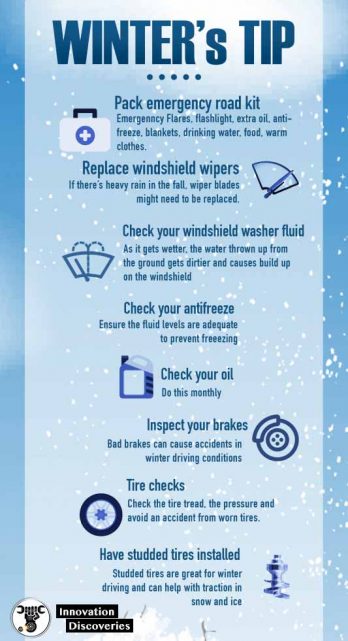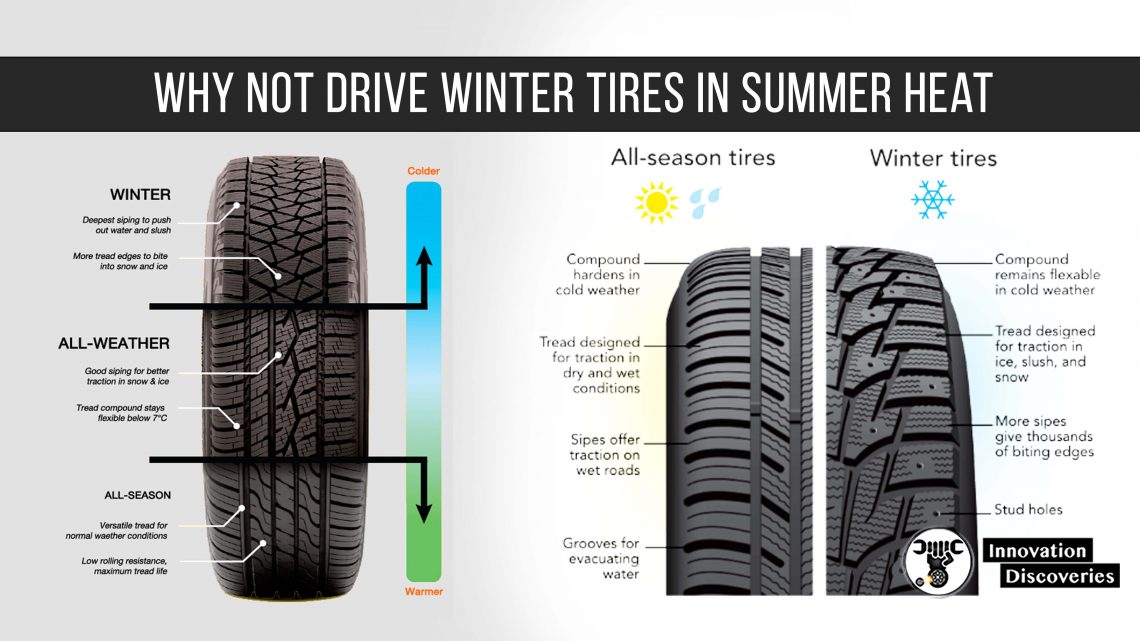
Introduction
Winter driving presents unique challenges, even for the most seasoned drivers. As temperatures drop and snow and ice cover the roads, it’s crucial for expert drivers to implement advanced techniques to ensure their safety and the safety of others on the road.
In this article, we’ll explore a range of specialized tips designed to help experienced drivers navigate winter conditions with confidence and skill.
1. Choose the Right Tires
One of the most critical aspects of winter driving is having the appropriate tires. Consider investing in winter tires, which offer superior traction, handling, and braking capabilities in cold temperatures and slippery conditions.
2. Maintain Tire Pressure
Cold weather can cause tire pressure to drop, affecting traction and handling. Regularly check and maintain proper tire inflation to ensure optimal performance.
3. Drive Smoothly
Avoid abrupt acceleration, braking, and steering movements. Smooth inputs help maintain traction and control, especially on icy or snow-covered roads.
4. Utilize Engine Braking
When descending steep hills, rely on engine braking by downshifting instead of solely using your brakes. This technique helps prevent skidding and maintains better control of the vehicle.
5. Understand Stability Control and Traction Control
Familiarize yourself with how these systems operate in your vehicle. They play a crucial role in helping you maintain control in slippery conditions.
6. Practice Controlled Slides
Find an empty, snow-covered parking lot and practice controlled slides to get a feel for how your vehicle behaves in slippery conditions. This hands-on experience can build confidence in your ability to handle a skid.
7. Avoid Cruise Control
Refrain from using cruise control on icy or snowy roads. It can hinder your ability to quickly react to changing road conditions.
8. Maintain a Safe Following Distance
Increase your following distance to a minimum of 8-10 seconds. This provides ample time to react to sudden stops or skids, reducing the risk of collisions.
9. Know Your Vehicle’s Limits
Recognize how your specific vehicle handles in different winter conditions. Every car behaves differently on snow and ice, so understanding its capabilities is paramount.
10. Watch for Black Ice
Exercise extra caution when encountering black ice, which is nearly invisible and exceptionally slippery. It tends to form on bridges, overpasses, and shaded areas.
11. Stay Informed
Stay updated on weather and road conditions before embarking on your journey. Knowing the forecast and anticipating changing conditions will help you plan your route accordingly.
12. Utilize Proper Lighting
Ensure all your vehicle’s lights are in working order. Keep them on at all times, even during daylight hours, to enhance visibility and make your presence known to other drivers.
13. Avoid Overconfidence
While experience can instill confidence, it’s crucial to remain vigilant. Conditions can change rapidly, and overconfidence can lead to complacency.
14. Carry an Emergency Kit
Pack a winter emergency kit containing items like blankets, extra warm clothing, non-perishable food, water, a flashlight, a shovel, and a first-aid kit. Being prepared can make a significant difference in unexpected situations.
15. Know When to Stay Home
If conditions are extremely hazardous, consider postponing your trip or seeking alternative transportation options. Safety should always be the top priority.

Conclusion
Winter driving requires a combination of skill, preparation, and adaptability. Even the most experienced drivers can face unexpected challenges, so it’s essential to prioritize safety above all else.
By implementing these advanced tips, expert drivers can confidently navigate winter conditions, ensuring a safe and secure journey for themselves and others on the road.
Also, read – Driving Tips | Car Talk | Maintenance Tips
Discover More:
FOR MORE KNOWLEDGE
- 4 COMMON SYMPTOMS OF AUTOMATIC TRANSMISSION PROBLEMS
- COMMON PARTS OF AN AUTOMATIC TRANSMISSION
- COMMON FAULTS IN THE 6-SPEED DSG TRANSMISSION
- IS REBUILDING A TRANSMISSION WORTH IT IN THE LONG RUN?
Visit Forum
Visit Our Friendly Website








One Comment